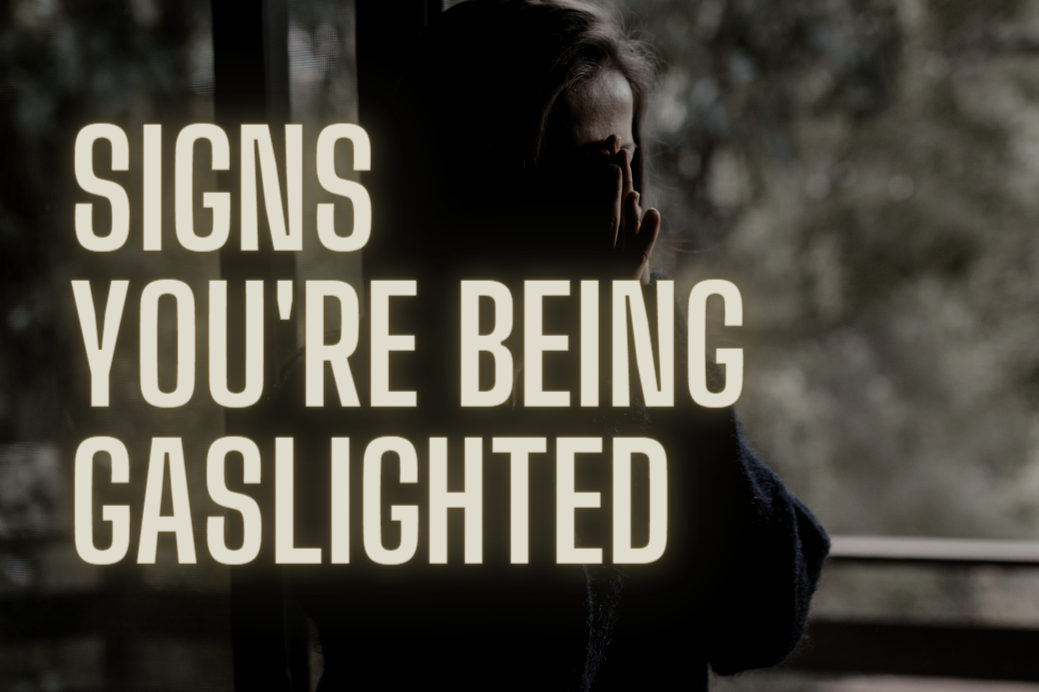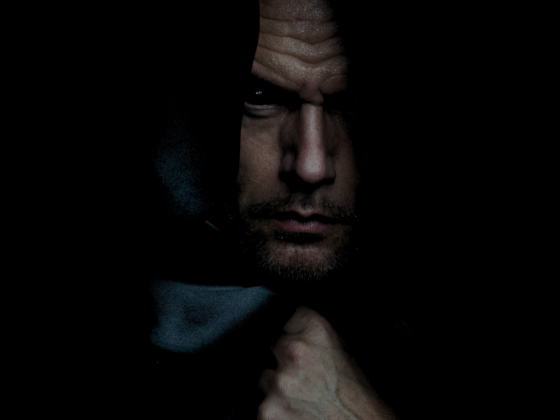
Introduction
Today we’re diving into a topic that’s super important to understand: gaslighting. So, what is gaslighting? The term might sound a little strange, but it’s actually a form of emotional abuse that can happen in any kind of relationship.
Gaslighting is when someone tries to manipulate another person’s perception of reality, causing them to question their own memory, judgment, or sanity. It’s a subtle yet harmful form of psychological control. The term originates from a 1938 play and later a film named “Gaslight”, where a man manipulates his wife into believing she’s going insane.
Now, why should we care about gaslighting? Well, it’s crucial to understand it so we can recognize the signs if it’s happening to us or to someone we care about. Knowledge is power, after all! With that said, let’s delve deeper into this subject and arm ourselves with the knowledge to safeguard our mental and emotional health. Stay tuned, because we’ll also be sharing some key signs that may indicate you’re being gaslighted.
Deep Dive into Gaslighting
Now that we’re all on the same page about what gaslighting is, let’s take a deeper look at the psychology behind this manipulation tactic. It’s a bit like going backstage at a magic show: once you know how the tricks are done, you’re much less likely to be fooled by them!
So, why do gaslighters do what they do? Most of the time, gaslighters use this form of manipulation to gain power or control over others. They might want to hide something they’ve done, shift blame, or simply make themselves feel better or superior. Kind of like a magician wanting the spotlight, only way less entertaining and far more harmful!
The effects of gaslighting on its victims are quite severe. It can cause feelings of confusion, anxiety, and even lead to depression. Imagine someone constantly telling you that your version of reality isn’t correct. After a while, you might start to question your own perceptions and memories, and that can be incredibly damaging to your mental health.
In our next section, we’ll be looking at the tell-tale signs of gaslighting. This way, you’ll be better equipped to spot it if it’s happening to you or someone you know. We’re not helpless in this, after all. As the saying goes, knowledge is our superpower! Let’s move forward together.
The 9 Signs of Gaslighting
It’s time to shine a light on those sneaky signs of gaslighting. Remember, these signs aren’t always easy to spot, and it might feel a bit like looking for a needle in a haystack. But don’t worry, we’re here to help you out. Let’s get into it:
They tell blatant lies: This is often one of the first signs. The gaslighter will tell you something you know is untrue, challenging your sense of reality.
They deny they ever said something, even though you have proof: Gaslighters might outright deny ever saying or doing something, even when faced with concrete evidence.
They use what is near and dear to you as ammunition: They know your weak spots, and they’re not afraid to use them against you.
They wear you down over time: Gaslighting is often a slow process. It might start off as small lies and gradually escalate over time.
Their actions do not match their words: They might say one thing, but their actions say something completely different. This mismatch can make you question your understanding of the situation.
They throw in positive reinforcement to confuse you: Every now and then, they might praise you or do something nice. This rollercoaster of bad and good times can lead to confusion and self-doubt.
They know confusion weakens people: Gaslighters often keep their victims in a state of confusion because it makes them easier to manipulate.
They project their own behavior onto you: For example, if they’re being unfaithful, they might accuse you of cheating.
They try to align people against you: They may try to turn others against you by spreading false information, further isolating and controlling you.
There you have it, the 9 key signs of gaslighting. But remember, it’s not always this clear cut. Trust your gut feeling. If something feels off, it probably is. In our next part, we’ll take a look at how gaslighting manifests in different types of relationships, so stay tuned!
Examples of Gaslighting in Various Relationships
Let’s dive right into our next segment – exploring how gaslighting can show up in different types of relationships. It can be quite the chameleon, changing its colors to blend in, but we’re here to unmask it!
In Romantic Relationships
Imagine a partner who tells you they’re always right, you’re always wrong, and any problems are your fault. They may even tell you that you’re too sensitive or that you’re imagining things. This is gaslighting, and it’s a far cry from the love and respect you deserve in a relationship.
In Parent-Child Relationships
Sadly, gaslighting can happen here too. A parent might tell their child that they’re misremembering events or that they’re overreacting to situations. This can cause a lot of confusion and self-doubt for the child, especially because parents are usually seen as figures of authority and trust.
In Workplace Relationships
At work, a colleague or boss might use gaslighting to gain an advantage. They may dismiss your ideas, undermine your credibility, or take credit for your work, all while telling you that you’re not seeing the situation clearly. This can be incredibly demoralizing and stressful.
In Friendships
Even in friendships, gaslighting can rear its ugly head. A friend might consistently belittle your achievements, dismiss your feelings, or turn other friends against you, all while insisting that they’re just looking out for your best interests.
In each of these scenarios, gaslighting serves to erode your self-confidence and distort your perception of reality. Recognizing these patterns is the first step in reclaiming your power and standing up against such manipulation. Up next, we’ll share some tips on how to respond if you believe you’re being gaslighted, so stay tuned!
How to Respond to Gaslighting
Hey, friend! Now that we know how to spot gaslighting, let’s chat about what to do if we find ourselves dealing with it. It can be a tricky situation, but remember, we’re in this together. Here’s how you can respond:
Importance of trusting your own perception
First and foremost, trust yourself. If something doesn’t feel right, it probably isn’t. You know your own experiences and memories. Don’t let anyone convince you otherwise.
Techniques for responding to gaslighting
Here are a few strategies you can use if you think you’re being gaslighted:
Document Everything: Keep a record of incidents that felt like gaslighting. It’s a tangible way to validate your experiences and can be useful if you decide to seek help.
Set Boundaries: It’s okay to tell the person that you won’t tolerate certain behaviors. This is about your wellbeing and you have every right to protect it.
Avoid Arguing about the Details: Gaslighters often get caught up in the minutiae to confuse you. Instead, focus on how their actions make you feel.
Seek Support: Talk to someone you trust about your experiences. Their perspective can help validate your feelings and experiences.
Seeking professional help if necessary
Sometimes, it may be necessary to seek help from a professional, like a therapist or counselor. They can provide you with additional tools to cope with gaslighting and help you work towards healing and recovery.
And there we have it! I hope these tips give you some guidance on navigating this challenging situation. Remember, it’s okay to ask for help and take care of yourself. You deserve to be treated with respect and kindness. Next up, we’ll wrap things up in our conclusion. Stay tuned!
Conclusion
We’ve learned a lot, haven’t we? We’ve dived deep into what gaslighting is, the psychology behind it, and its effects. We’ve learned how to spot the 9 key signs of gaslighting, and we’ve seen how it can show up in various types of relationships. Most importantly, we’ve explored strategies for responding to gaslighting and emphasized the importance of seeking professional help if necessary.
Always remember, knowledge is our superpower! Recognizing gaslighting is a critical step in protecting ourselves and others from its harmful effects.
In closing, if you think you or someone you know is being gaslighted, don’t hesitate to seek help. You’re not alone, and there are resources and support systems out there ready to assist. And always trust yourself – you’re stronger and wiser than you think!
Lastly, I encourage you to share this information with others. The more we understand about gaslighting, the better equipped we are to combat it. Thank you for taking the time to learn about this important topic with me. Stay strong, friend!




